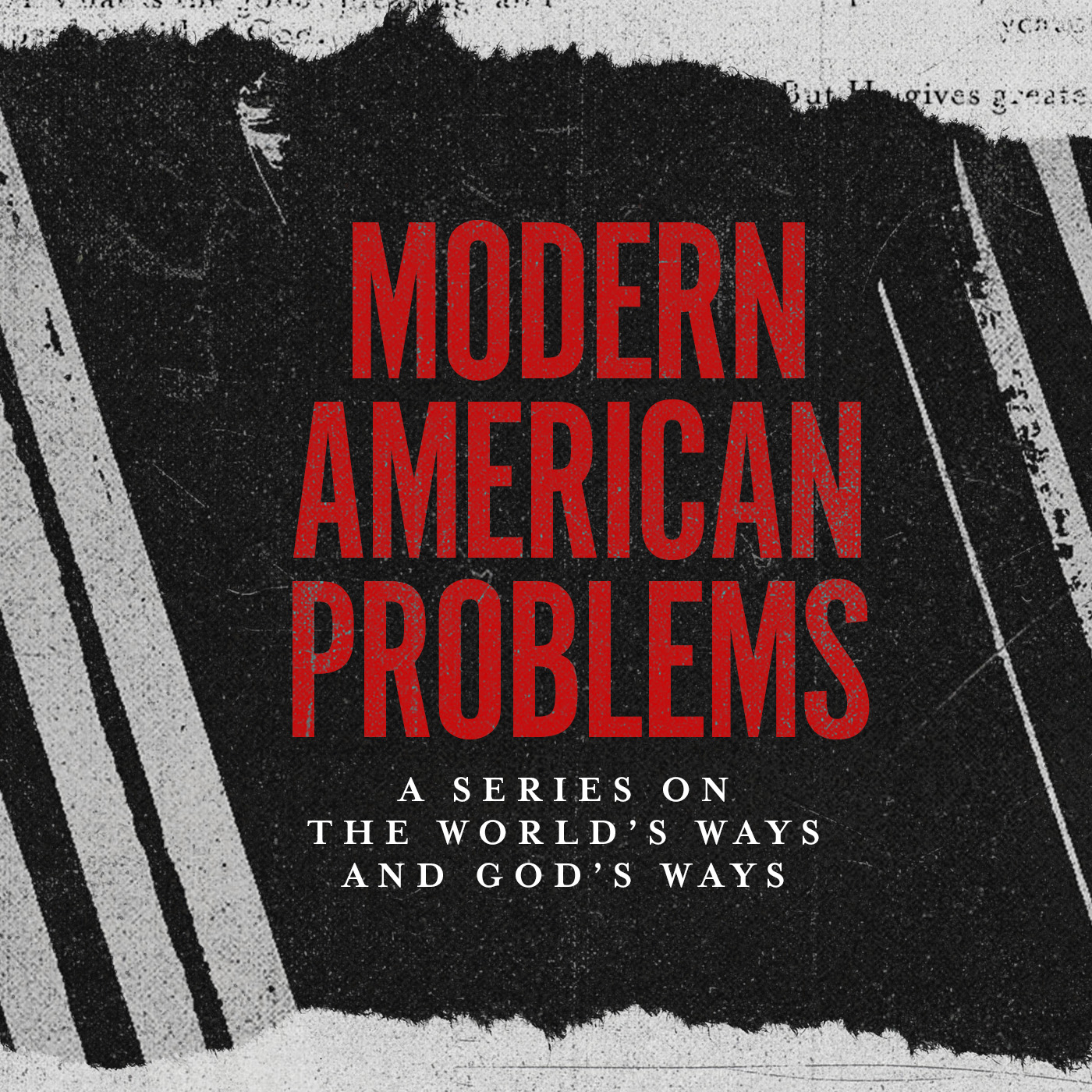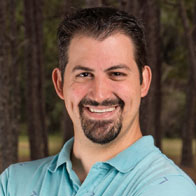Ok, so a couple times during the “Making Sense of Church” series we talked about how we’d like ALL of you to spend time with other Christians outside of our Sunday morning meeting. We also mentioned that we thought it would be good if SOME of you started up some meetings (perhaps in your homes) to help facilitate these kinds of relationships. This month, I figured I’d take it a step further by giving you these 12 tips for hosting a small group:
- Consider picking some combination of talking, praying, and reading Scripture.
- Involve food. This is technically not a necessity, but it sure helps. Everyone loves snacks.
- Meet every week (or every other week.) What I’m trying to say is: it’s often best to pick a consistent day and time.
- Picking a starting date. This is obvious: you have to start sometime. Consider starting your group by simply having a bunch of people over to your house for dinner. Eat, enjoy each other’s company, and perhaps talk about the kind of group you might be. Just be sure to tell them ahead of time that the purpose is to start a small group. Nobody likes a bait-n-switch.
- Pick an ending date. It’s easier for most people to commit for, say, the next 10 weeks, than for them to commit themselves to (insert booming, scary voice here) “every Wednesday for the rest of their lives!” Just try meeting for one semester and then end it. If you all really like each other a lot, you can always restart in the summer or fall.
- Invite twice as many people as you think you will need to be a small group. This is because some people are busy, aren’t willing to, and/or are not able to be in your small group right now. So, if you want 5 people, invite 10. If you want 10, invite 20. And don’t be ashamed to invite people that you don’t know well.
- If you need one, pick some kind of curriculum to help you. See the section at the bottom of this article for suggestions. However, remember, Christian friendships that encourage each other spiritually can exist outside of following a curriculum.
- Make relationships primary in importance. In other words, it probably doesn’t matter if you went over time, or if you didn’t answer all the questions in the study guide. It’s more important that you listen to and care about each other.
- Make the talking time more about discussion and less about a chance for one person to monologue to everyone else.
- Have fun!
- Pray about it and consider if this is something God wants you to do.
- Contact Gary Haverdink (gary@goodnewsocala.com) if you have any additional questions or concerns.
DO YOU NEED HELP PICKING OUT CURRICULUM?
If you need help picking out some kind of Bible Study curriculum, there are plenty of bible study question books available like this one:
AMAZON.COM BIBLE STUDY ON THE BOOK OF ACTS →
Also, I happen to like many of North Point Community Church’s curriculums which are available here:
NORTHPOINT STORE STUDY GUIDES →
Basically, as far as curriculum goes, learning the Bible is always your best bet. But there’s also nothing wrong with wanting some help to understand the Bible. I assume that God provided some people with the spiritual gift of “teaching” because he expected some Christians to help other Christians out with their spoken words and writings. So, here is a list of contemporary Bible teachers/authors who Mario trusts: John Piper, Andy Stanley, John MacArthur, Beth Moore, Matt Chandler, Francis Chan, Tim Keller, Louie Giglio, Kay Arthur, Voddie Baucham, Steve Brown, Randy Pope, Randy Alcorn, Ed Stetzer, Mark Dever, Paul David Tripp, Sinclair Ferguson, and Alistair Begg.
While I obviously don’t agree with all of these people on every single issue, and I also haven’t read everything that has been written by all of them, I can attest that I am familiar with their work and their doctrine enough to say that I find them to be trustworthy. There are also hundreds of other trustworthy men and women who are not on this list. I am not, at all, trying to claim that these are the only trustworthy Bible teachers. I am simply including a list like this because I know that there are some of you who are new to church life, and you may want to ask something like, “Mario, where should I start’ I don’t want to accidentally pick some crazy Bible study that is filled with false teaching!” Well, here you go. I hope this is helpful.

